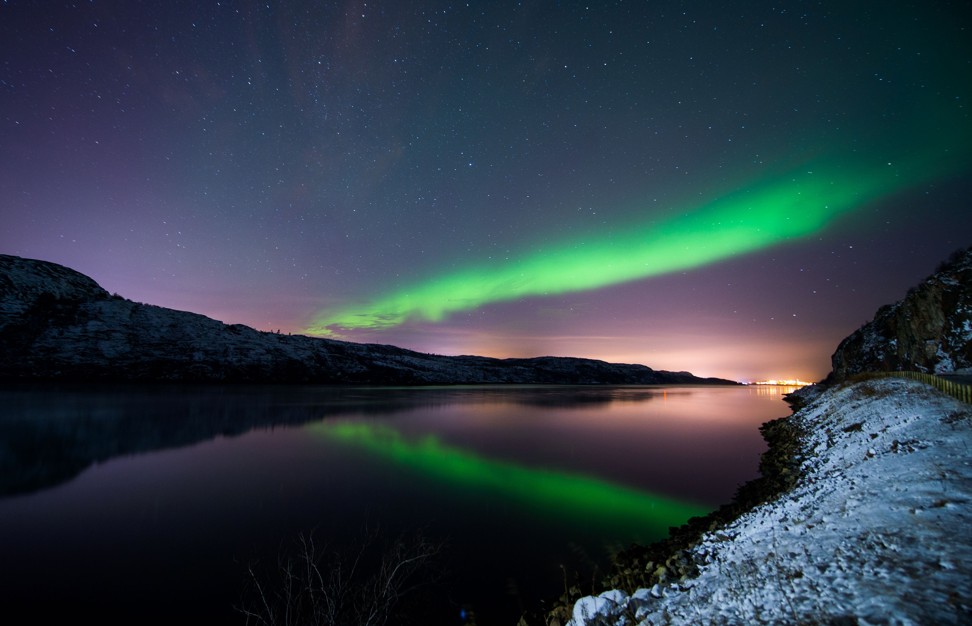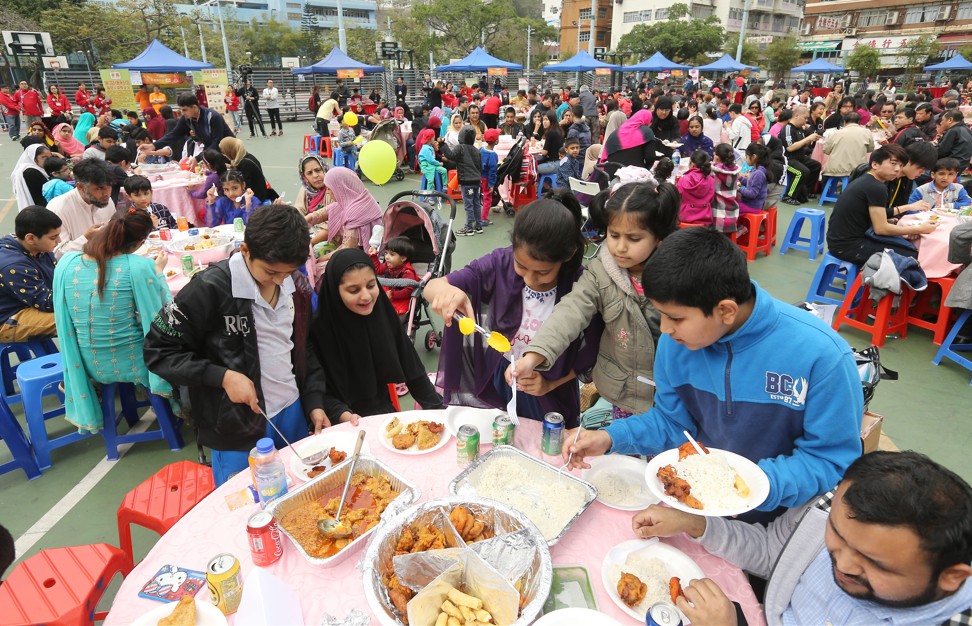
What is the secret formula to top the world happiness ranking? Don’t worry, be hygge

It seems, if you want to be happy, you should live in an expensive country – or at least that is what is suggested in the coincidental release this week of the Economist Intelligence Unit’s 2018 Worldwide Cost of Living Index, and the United Nations’ World Happiness Report.
Happiness also seems to concentrate in cold, dark, wet countries in northern Europe – a puzzle I will never understand, having spent much of my early life escaping, or dreaming of how to escape, those drab dark monochrome days that run every January to March.
Yet the UN is emphatic: Finland, Norway, Denmark and Iceland arm-wrestle for the top four happiest places in the world, with Switzerland, the Netherlands and Sweden also padding most of the top 10. This year, Finland popped up into top place, but these five Scandinavian neighbours are all very close. The UN says that even their immigrant communities are unusually happy. It seems weird that so many people should be so happy paying such high taxes, and shivering in a semi-permanent state of darkness for six months of the year.

True, Singapore seems to be the world’s most expensive city, with Hong Kong (4th) and Seoul (7th) close behind, none of which seem to show any particular sense of happiness, but the convergence in Europe of both high costs and happiness takes some explaining.
Our Danish friends turn quickly and mystically to their sense of “hygge” – pronounced hue-guh, by the way, and apparently stolen from a Norwegian word for “well-being” or “mental cosiness”, and closely linked to Sweden’s idea of “iagom”, or moderate living.
They give us images of families snuggled around blazing log fires supping hot chocolate. They sometimes add the idea of “arbejdsglaed”, which I admit I can’t pronounce, but which roughly translates into happiness in work.
Perhaps cynically, I have always been tempted to see this implausible happiness more as proof of low expectations than anything else. Maybe I have just lived in Asia for too long, where ideas of “hygge” seem to be poorly defined.
The Japanese tend to talk about “ikigai”, or having purpose in life. But that is not really very similar. Chinese do not seem to have a word for the idea, but I imagine a family huddled warm around a steaming hotpot comes close. Or what about friends gathered for a karaoke evening? A quick google search on “hygge” in Singapore simply discovered a gift shop, which perhaps says a lot, and might apply to Hong Kong too.

Having got the results, they then backward engineer the reasons by searching for common ingredients embedded in the happiest communities. They identify six factors: good income; a healthy life expectancy; good social support; freedom; trust; and a mood of generosity.
What distinguishes Finland at the top? Well, perhaps the fact that they have 3.3 million saunas for a population of 5.5 million has something to do with it. Some say there is a link with the fact that they have more heavy metal bands per capita than most western countries. Maybe so many reindeer, and frequent visits of the “aurora borealis”, make a difference. But how do you explain Finland being the originator of the “Angry Birds” mobile game?
Asked why they don’t mind paying such high taxes, Scandinavian responses are interesting.
“We are not paying taxes. We are investing in our society,” said Meik Wiking, Danish author and CEO of the Happiness Research Institute. “We are purchasing quality of life.”
For sure Carrie Lam would dream for Hong Kong voters who shared such sentiments. And as for Donald Trump’s new tax-cutting bill… well, let’s not go there.
Some of the UN’s other rankings are more easily explained. Like Burundi in 156th place at the very bottom, just below the Congo. Or Venezuela, which fell 20 places in the rankings to 102nd as hyperinflation and political chaos convulse the country. Places like these are going to have little to be happy about on World Happiness Day next Tuesday.
But why this correlation with happiness concentrated in Northern Europe and expensive cities? The EIU’s analysis in its summary report is less than clear, though much seems to be down to the past year’s steady weakening of the US dollar (which pushed New York out of the top 10 to 13th place), and to devaluations in countries like Uzbekistan, Egypt and Kazakhstan.
It seems that Singapore (not conspicuously happy) ranked the world’s most expensive city for the fifth consecutive year mainly because it is the world’s most expensive place to run a car, with clothes and food being very expensive too.
But the EIU offers consolation in that domestic helpers are cheap. Hong Kong ranks up there for lots of reasons we know well, linked with the costs of owning a home, and petrol prices more expensive than anywhere in the world except Oslo. It seems, like Singapore, our groceries are also immensely more expensive than elsewhere.
But it is clearer about why the world’s cheapest cities are likely to be among the world’s most miserable. Take bottom-ranking Damascus in Syria, and the three cities closest to it – Caracas in Venezuela, Almaty in Kazakhstan, and Lagos in Nigeria – and the EIU is succinct.
“There is a considerable element of risk in some of the world’s cheapest cities… Cheaper cities tend to be less liveable,” the report said.
Happier, then, to live in an expensive one – and throw in a little “hygge” for good measure.
David Dodwell researches and writes about global, regional and Hong Kong challenges from a Hong Kong point of view